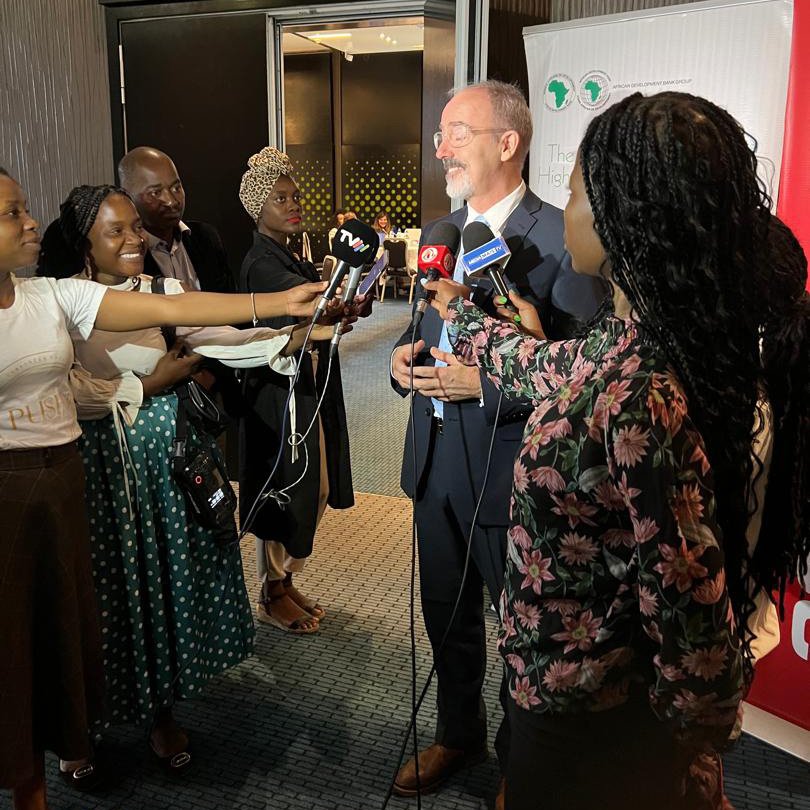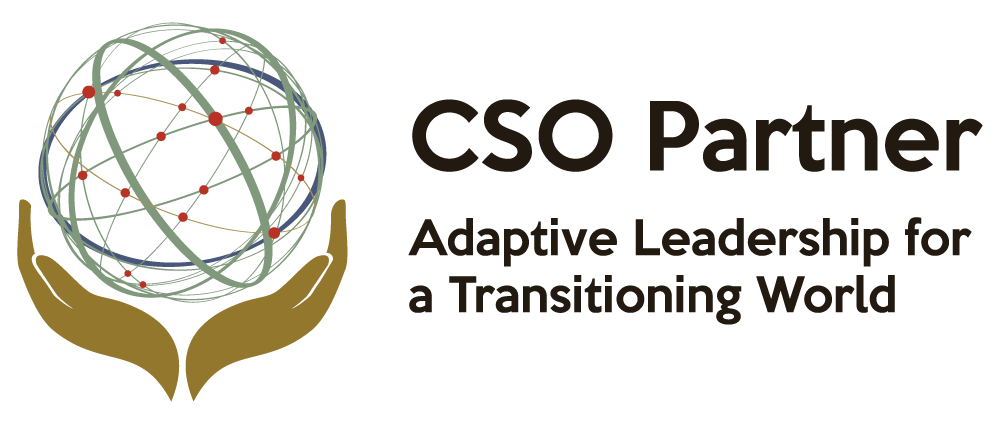For Canadian businesses with global development ambitions, Africa presents significant commercial opportunities. After years of polite distance, Canada has dusted off its foreign engagement playbook with its 2025 Africa Strategy. It’s not just aid this time – it’s trade, it’s investment, it’s institutional finance. The tone has shifted from “how can we help” to “how can we partner”. This change in tone helps opens doors to Canadian firms in renewable energy, agri-value chains, fintech, and infrastructure – especially those that have an understanding of Africa’s development vision and are fluent in the language of environmental and social sustainability.
Africa’s Investment Narrative: More Than Just Growth
Let’s be honest, Africa rarely gets the nuanced conversation it deserves in Canadian boardrooms. Too often, the talk is either all hype (“the next frontier!”) or overly cautious (“too risky, too unstable”). The reality is somewhere in between – and far more interesting.
Africa is home to the world’s youngest population, a rapidly urbanizing middle class, and some of the highest projected GDP growth rates globally. But its appeal goes beyond demographics. The African Union’s Agenda 2063 and the African Development Bank’s (AfDB) 2024–2033 Ten-Year Strategy both signal a strong continental commitment to structural transformation, industrialization, and regional integration. For example, the AfDB aims to connect 75 million people to electricity by 2030, support agricultural value chains that create 40 million jobs, and finance resilient infrastructure through blended finance and public-private partnerships.
ESG Risk is Real—but Manageable with the Right Approach
Canadian firms often hesitate to invest in Africa due to perceptions of weak governance or supply chain risk. Adding to the complexity is the fact that, rather than a single market, the continent is a complex tapestry of 54 countries, each with its own regulatory frameworks, political dynamics, and economic potential. But risk in African markets is not unmanageable. It is knowable, quantifiable, and increasingly governable through ESG frameworks familiar to global investors.
Case Studies
|
Environmental Resilience Through Decentralized Technology Kenya-based SunCulture, backed by EDF and Shell Foundation, is deploying solar-powered irrigation to smallholder farmers to improve food security while reducing GHG emissions. They are not just selling solar irrigation kits, they are helping smallholder farmers deal with erratic rainfall and rising temperatures. They’re monetizing resilience, not just wattage. If you’re a Canadian cleantech firm, this is the kind of adaptation-focused, off-grid solution that gets serious traction – and often unlocks concessional finance from lenders like the Green Climate Fund and others. |
|
Social License through Structured Community Agreements In Ghana, Newmont (whose Canadian subsidiary worked closely with the University of British Columbia) implemented the Ahafo Social Responsibility Agreements, a legally binding structure negotiated with community chiefs that governs benefit-sharing, employment quotas, and dispute resolution. They didn’t roll in with a one-size-fits-all CSR program. They sat down with traditional chiefs, hammered out legally binding community benefit agreements (CBAs), and set up monitoring committees that actually had teeth. If you’re in mining, infrastructure, or energy, and you skip this level of community engagement, don’t be surprised when your trucks get blockaded. |
|
Governance Risk Mitigated through EITI + Voluntary Codes In Burkina Faso, IAMGOLD adheres to Extractive Industries Transparency Initiative (EITI) disclosures while also operating effective community grievance mechanisms. This is a concrete example of aligning corporate transparency with host country governance structures, one that enhances reputational risk management and investor confidence. |
ESG Integration Is a Cost of Capital Access
A Canadian renewable energy company secured financing from a group of lenders to help develop a 26 MW solar power station in Burkina Faso. Securing financing for the project required a robust commitment to environmental and social governance standards. AfDB’s Sustainable Energy Fund for Africa provided a $950K grant, while the IFC provided a $13.7 million loan, complemented by an ~$10 million senior concessional loan from the IFC-Canada Climate Change Program. The Emerging Africa Infrastructure Fund (EAIF) contributed to the overall financing package.
A critical component of the financing process was the development and implementation of an Environmental and Social Management System (ESMS) aligned with IFC Performance Standards. The comprehensive ESMS included a focus on waste and water management, air quality and noise management, occupational health and safety, gender diversity, and community health and safety. Stakeholder engagement and grievance mechanisms were established to ensure community involvement and address potential concerns.
The end deal included blended finance, concessional rates, and technical assistance. A focus on ESG didn’t just get them in the door- it got them cheaper money and a more resilient operating model.
The successful commissioning of the Zina Solar Power Station in 2024 stands as a testament to the pivotal role ESG considerations play in accessing development finance and executing sustainable infrastructure projects in Africa.
As this trend accelerates, ESG becomes central to capital formation, especially for medium-sized Canadian firms that can’t self-finance large infrastructure or resource projects.
Strategic Implications for Canadian Firms
- For SMEs: Partner early, localize deeply, and ensure ESG is integrated into due diligence and feasibility planning, not added post-factum.
- For larger firms: Establish multi-stakeholder advisory panels, co-design benefit-sharing mechanisms with host governments and CSOs, and prepare full ESG data packages aligned with ISSB or IRIS+ metrics for impact investors.
- For firms of all sizes: Consider African markets not only as sites of risk, but as ESG laboratories, where innovations in decentralized energy, regenerative agriculture, and inclusive infrastructure are being piloted at scale.
A Call to Action: Equip Your Team, Not Just Your Balance Sheet
The Canadian business community doesn’t need to fear Africa. It needs to approach the continent with humility, curiosity, and authentic, fit-for-purpose ESG tools. Africa is increasingly shaping the future of global sustainable development. Canadian businesses that engage early, and engage ethically, will be better positioned to scale commercially and reputationally.
 David Simpson has over two decades of experience in Corporate Responsibility and ethical business development in global markets. He is a peer reviewer for the IFC’s review of its Sustainability Framework and was an expert member of the International Working Group that published the ISO 26000 Guidance Standard on Social Responsibility and ISO 37001 Anti-Bribery Management System Standard. Most recently, he was the director of the Independent Recourse Mechanism at the African Development Bank and is the former head of the Independent Accountability Mechanism at the European Bank for Reconstruction and Development (EBRD).
David Simpson has over two decades of experience in Corporate Responsibility and ethical business development in global markets. He is a peer reviewer for the IFC’s review of its Sustainability Framework and was an expert member of the International Working Group that published the ISO 26000 Guidance Standard on Social Responsibility and ISO 37001 Anti-Bribery Management System Standard. Most recently, he was the director of the Independent Recourse Mechanism at the African Development Bank and is the former head of the Independent Accountability Mechanism at the European Bank for Reconstruction and Development (EBRD).

